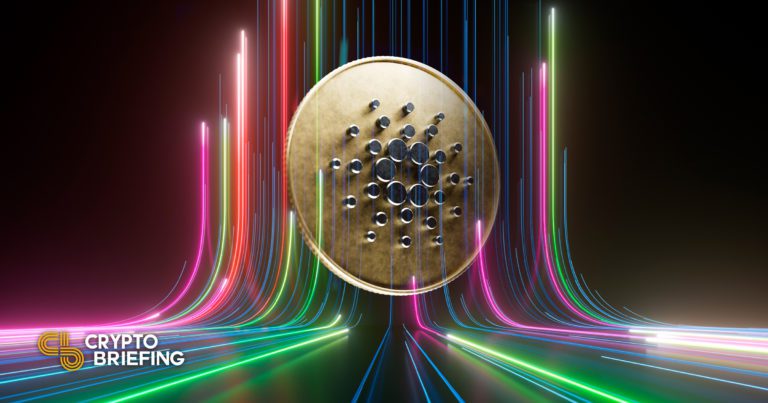Key Takeaways
- Cardano stake pool operators have discovered a critical bug in the last version of the blockchain’s client software that creates incompatible forks on the testnet.
- Prominent ecosystem developer Adam Dean warned of the issue Thursday, saying that the testnet was “catastrophically broken.”
- Cardano is now running the new client software, Cardano Node version 1.34.3, on two new testnets without any block history.
Share this article
According to Dean, Cardano became dangerously close to hitting “midnight” on the hypothetical nuclear clock.
Cardano Testnet Breaks Following “Rushed” Updates
Cardano’s testnet has broken, one prominent developer has warned.
Due to a bug in older versions of Cardano’s client software that was only recently discovered by the network’s community of developers, the Layer 1 blockchain’s testnet is now incompatible and incapable of supporting the latest client software.
🧵 (1/n) It’s important to point out today that the #Cardano #Testnet is **catastrophically** broken due to a bug in Cardano Node v 1.35.2. This was the version that we had previously been told was “Tested and Ready” for the Vasil Hardfork. This bug was only discovered…
— Adam Dean (@adamKDean) August 18, 2022
Adam Dean, a leading ecosystem developer and former Cardano stake pool operator, tweeted a warning late Thursday that the Cardano testnet, which has been running for two years, has become incompatible with the current version of the blockchain’s client software. “It’s important to point out today that the Cardano Testnet is **catastrophically** broken due to a bug in Cardano Node v 1.35.2,” he asserted.
Input Output, the development company behind Cardano, had reassured independent stake pool operators that Cardano Node version 1.34.2 had been heavily tested and was ready for deployment. However, after most stake operators rushed to upgrade to the version to simulate a Vasil hardfork combinator event, operators ATADA and PoolTool discovered a critical bug in the client software that led to the creation of incompatible forks.
After the bug was discovered, Cardano released a new client software, Cardano Node 1.35.3, which is incapable of syncing with the original testnet and is currently running on two new testnets without any block history. Analyzing the situation on the Crypto Capital Venture podcast today, Dean said that the latest development warrants extreme caution. “It’s an abundance of caution at this point,” he said, explaining that the two new testnets are “not complete end-to-end-yet,” meaning that nobody from the community has been able to test them thoroughly.
Dean said that the level of “rushing” from Input Output to deploy the Vasil upgrade gave him uneasy feelings, indicating that the blockchain could have faced a catastrophe if the community didn’t catch the bugs in time. “If there were a “nuclear clock” for Cardano we got perilously close to hitting “midnight,”” he wrote.
The Vasil hardfork, dubbed Cardano’s “most significant update” to date, was initially scheduled to go live on June 29. However, as the deadline loomed, Input Output postponed the hardfork first to the last week of July and then for “a few more weeks” to allow more time for testing.
Despite the latest testnet breakage drawing significant attention from the community, Input Output has not commented on the issue or signaled whether the Vasil upgrade needs to be postponed again. Cardano’s ADA token plummeted from $0.54 to $0.46 following the news of the incident, marking a 13.3% drawdown on the day.
Disclosure: At the time of writing, the author of this article owned ETH and several other cryptocurrencies.


